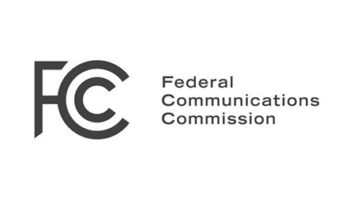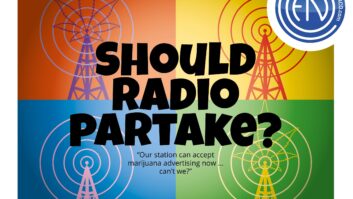Marijuana and Trolls and Translators
Jan 5, 2013 2:26 PM, By Lee Petro
Unless you live in Colorado or Washington, chances are you paid little attention to those states’ ballot initiatives legalizing marijuana. However, if you are a broadcaster in either state, or in those states with medical marijuana laws on the books, advertising relating to the distribution of marijuana may seem like a new revenue stream. But you might want to think again.
Currently, there are 18 states that permit the possession and use of marijuana in some form. In some states, the use of marijuana is limited by the amount that can be grown by an individual. In other states, “compassion centers” have been created where it is possible to purchase marijuana-infused products. Most recently, Colorado and Washington passed ballot initiatives that made the possession of small amounts of marijuana legal, without a requirement that the drug was being used for medicinal purposes.
The response by the federal government has been relatively consistent. On several occasions, the Department of Justice has sent letters to state agencies reaffirming the DOJ’s position that marijuana is considered a Schedule 1 drug, and, until this is changed at the federal level, the DOJ will enforce its laws. On the other hand, in December 2012, President Obama indicated that the feds have bigger fish to fry and did not see enforcing the federal laws as a top priority. The question for broadcasters is whether they should accept advertisements from entities advertising marijuana-related messages in those states where it is legal.
Broadcasters hold a license to use spectrum regulated and authorized by the federal government. In light of the DOJ’s interpretation that the federal laws apply regardless of the state-based initiatives, it would appear that the prudent course for broadcasters would be to avoid taking these advertisements in the near future.
In fact, last year, the DOJ sent letters to media outlets in California that had aired advertisements of medical marijuana centers. More recently, in Washington, the DOJ reaffirmed that the state laws would not extend to federal lands (think Mt. Rainer National Park) or those places that receive federal funds (think Central Washington University, which receives millions in federal research funds).
In light of the upcoming renewal cycle for the western states, it would make sense for broadcasters to avoid the potential challenge to their renewal based on advertisement of a substances the federal government classifies with LSD and heroin.
Banishing the trolls
In the July 2012 edition, I discussed the pending patent dispute regarding Mission Abstract Data and the radio broadcast industry. Mission Abstract Data, now Digimedia, has been contacting radio broadcasters, alleging that stations were using a technology for which the company held a patent.
In response, the radio broadcasters had requested a re-examination of the underlying patents, and the Patent Office subsequently rejected several claims. Following that initial action, the radio broadcasters sought further re-examination providing additional evidence they believed to undercut the patentability of Digimedia’s technology.
In December 2012, the Patent Office issued two office actions, which essentially rejects the other claims for both patents. While Digimedia may seek reconsideration, these recent actions, along with those taken last summer, may be sufficient to undermine Digimedia’s aggressive licensing approach.
FM translator filing window
In April, I discussed the FCC’s new approach to pending FM translator applications, and the need for applicants who filed numerous applications to select which ones they will prosecute. In December, the FCC tweaked its FM translator rules, increasing the nationwide limit from 50 to 70 stations, and the local cap from one to three stations, both under certain circumstances.
In light of these modifications, the FCC is ready to move forward and process long-pending FM translator applications. To that end, there will be a filing window from Jan. 10 to Jan. 25, 2013, during which parties subject to either the national or local cap will need to file specific showings for those applications they intend to prosecute. These showing must also make the showing that the application’s grant would not preclude future LPFM licensing opportunities, as established by FCC in its March 2012 rulemaking.
FCC Dateline
Jan. 15: Stations in Kansas, Nebraska and Oklahoma run last license renewal pre-filing announcements.
Feb. 1: Stations in Kansas, Nebraska, and Oklahoma file License Renewal Applications and EEO Program Reports, and noncommercial radio stations file Ownership Reports (323-E). Commence running license renewal post-filing announcements, continuing on Feb. 16, March 1 and 16.
Petro is of counsel at Drinker Biddle & Reath, LLP. Email: [email protected].
January 2013
The studios of JENNiRADIO, making HD Radio more than just a jukebox, testing antennas with a network analyzer, and Field Reports on the Tieline Report-IT and Deva Broadcast SmartGen Mini….
FCC Acts on LPFM and Translator Rules
The actions were taken to implement the Local Community Radio Act of 2011 (LCRA) and provide opportunities for new LPFM stations to be licensed to local communities….
The MADness of the Digimedia Patent Claim
The actions by Mission Abstract Data has led to intense anger from stations, and the fear of the assured destruction of the financial health of many licensees….












